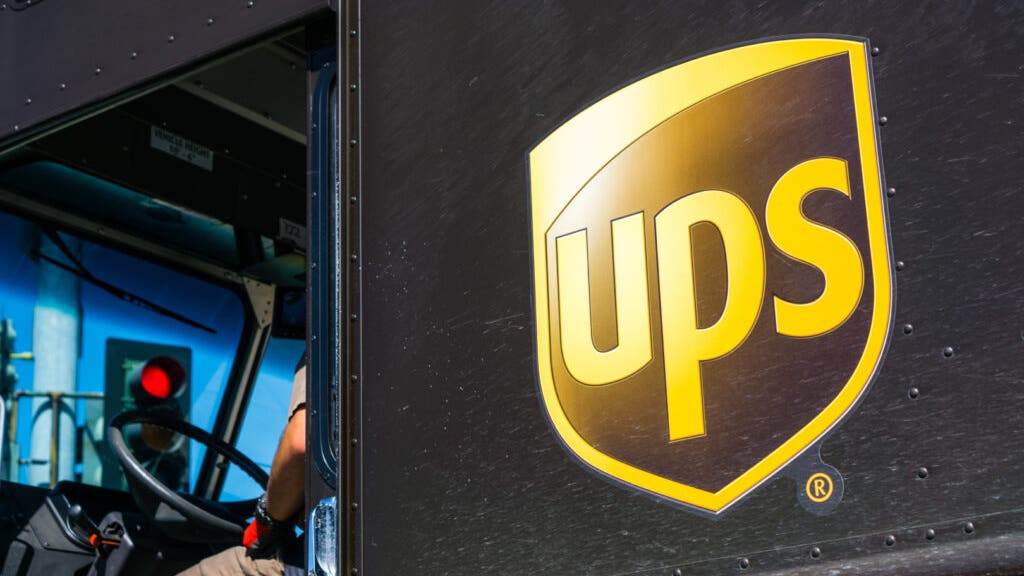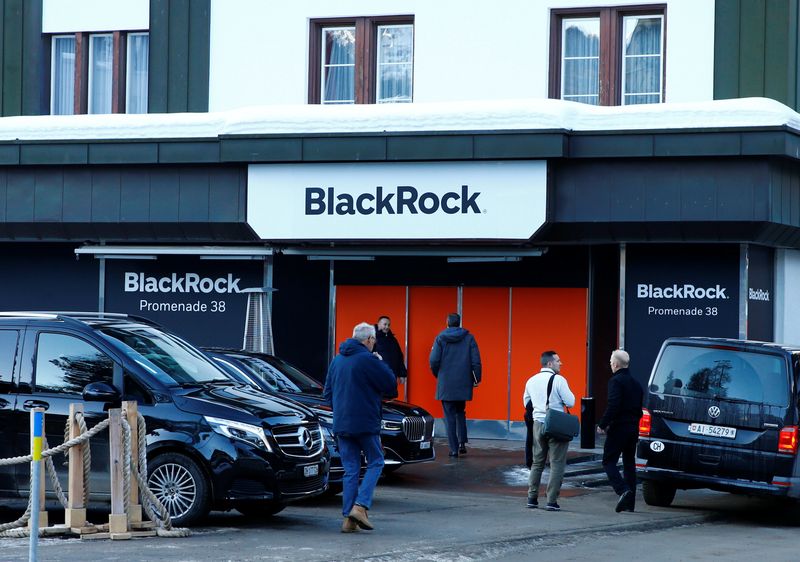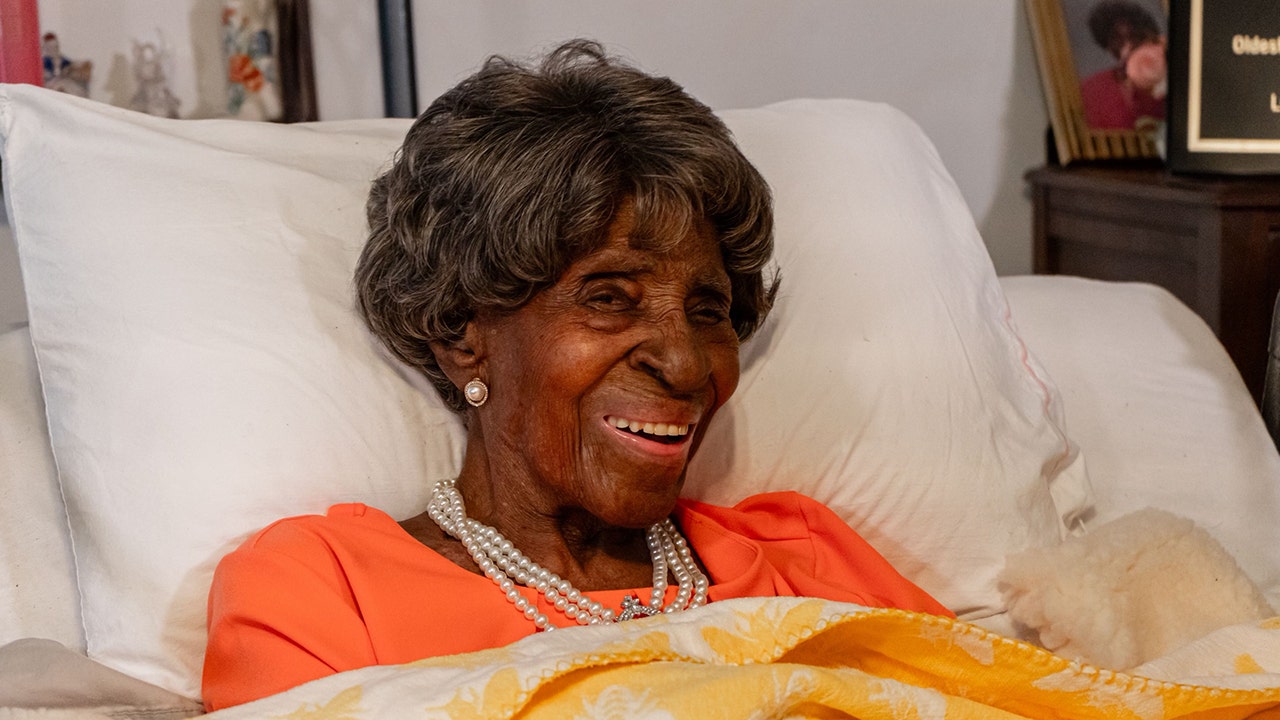The U.S. presidential election is just days away. Vice President Kamala Harris and former President Donald Trump tied in the polls and the election is likely going to come down to the wire.
Investors are thinking about the outcome and trying to position their portfolios for either a quick gain after the results or creating a longer-term strategy based on which candidate will win and which party will control Congress. Billionaire investor Bill Ackman and his fund Pershing Square Holdings are among these investors and hold positions that could swing one way or the other based on whether Harris or Trump wins. Here's Bill Ackman's $277 million bet on the election.
In 2013, Pershing Square purchased a roughly 10% stake in two government-sponsored entities (GSEs): the Federal National Mortgage Association (OTC: FNMA), known as Fannie Mae, and the Federal Home Loan Mortgage Corporation (OTC: FMCC), known as Freddie Mac. Both Fannie and Freddie securitize mortgages and sell them to investors, providing the mortgage market with a vital source of liquidity. They enable banks and other lenders to get mortgages off their balance sheets and make more mortgages so they can always meet demand.
However, the two got caught holding too many subprime mortgages during the housing crisis of the Great Recession. The U.S. Treasury Department would go on to inject capital into both of the GSEs and take them into conservatorship. Shareholders have seen the stocks of Freddie and Fannie, which now trade on the over-the-counter market, plummet since the Great Recession.
During the last decade-plus, shareholders and contrarians like Ackman have endlessly speculated that the government might eventually release the GSEs from conservatorship and recapitalize them. Since the Treasury Department injected $187 billion into the GSEs after the subprime mortgage crisis, the GSEs have returned more than $300 billion in profits through an agreement with the Treasury, which ended in 2019. The Treasury also holds billions of dollars of Fannie and Freddie senior preferred stock and warrants that expire in 2028
In 2019, the GSEs were allowed to start building capital to reach new capital requirements needed to exit conservatorship and recapitalize. This event could lead to big gains for existing common and junior preferred stockholders. But the path forward is uncertain. Although the GSEs are building capital quickly, they still face a big deficit that is made even larger by the overhang of the Treasury's senior preferred stock and warrants. The process would likely culminate in a huge initial public offering (IPO) to bridge the gap, but it's unclear how existing shareholders, the senior preferred stock, and warrants would be dealt with in such an event.
.png)
 German (DE)
German (DE)  English (US)
English (US)  Spanish (ES)
Spanish (ES)  French (FR)
French (FR)  Hindi (IN)
Hindi (IN)  Italian (IT)
Italian (IT)  Russian (RU)
Russian (RU) 






Comments